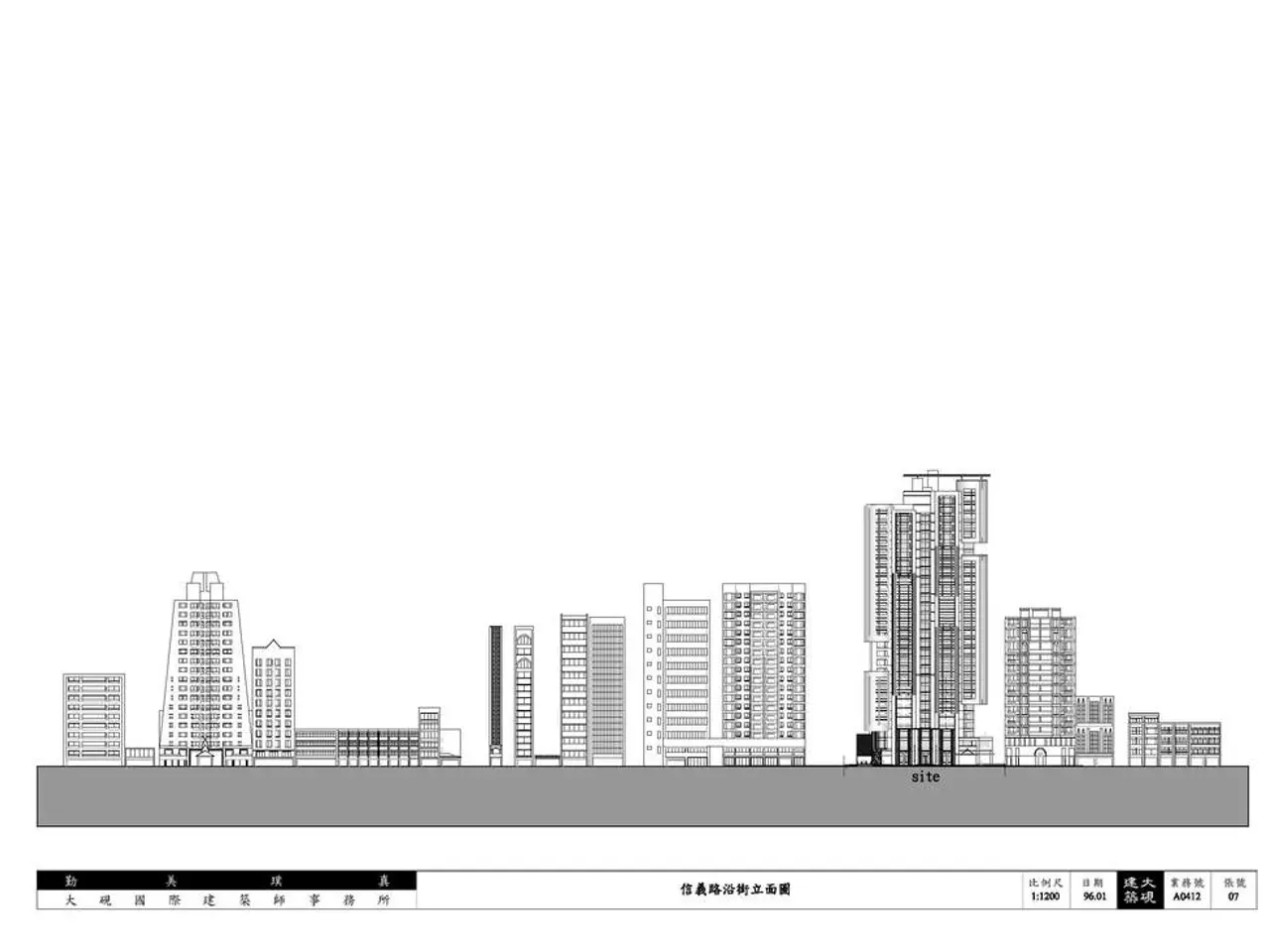Efficiently executing digital infrastructure projects with Accenture: a smart approach to capital undertakings
In the heart of Europe, Germany is making strides in modernizing its infrastructure, with a focus on digitalization and structured data models to improve the success rate of projects. This push aligns with broader industrial and investment plans, as the government and private sector channel hundreds of billions of euros into infrastructure modernization, including digital infrastructure improvements.
One of the key players in this digital transformation is Thinkproject's Built Asset Lifecycle Platform, serving as a Single Source of Truth (SSOT) for infrastructure projects. The platform aims to streamline project management, ensuring scalable, resource-efficient, and regulatory-compliant implementation.
Accenture, another global leader, is also contributing to this digital revolution. Their holistic Capital-Projects approach aims to create measurable added value for investment projects, ensuring efficient, high-quality, and sustainable realization. According to Accenture's "Blueprint for Success" study, specific digital tools and strategies recommended include integrated digital platforms, structured data models, advanced analytics and AI, cloud-based collaboration tools, and digital twins.
These technologies can significantly improve the success rate of infrastructure projects in Germany. By enabling better planning, real-time monitoring, and enhanced coordination among stakeholders, digitalization helps to reduce delays, control costs, and improve quality by providing transparent, accurate, and accessible information throughout the project lifecycle.
Structured data models, such as Building Information Modeling (BIM), allow for detailed, standardized representation of infrastructure assets, enabling better design, simulation, and clash detection before construction begins. Digital twins—virtual replicas of infrastructure systems—monitor performance and conduct scenario analysis during planning and operation phases.
The German government is also supporting this digital push with regulatory reforms aimed at speeding up approvals and digitizing public services. These reforms create better conditions for deploying digital project management tools and structured data models effectively.
In the context of Germany, the success of infrastructure projects can be enhanced by combining structured data models, digital collaboration, advanced analytics, digital twins, and government support. These technologies and strategies, as highlighted in Accenture's study, enable infrastructure projects to be delivered on time, within budget, and to quality expectations, helping Germany improve its digital competitiveness and infrastructure resilience.
Notably, Accenture and Thinkproject have formed a strategic partnership to create a seamless digital ecosystem for Capital Projects. This collaboration aims to further streamline project management and ensure efficient, high-quality, and sustainable realization of infrastructure projects in Germany.
However, the skills shortage is a significant challenge for infrastructure projects in Germany, particularly in complex areas such as network expansion, digital infrastructure, and energy planning. Accenture addresses this challenge with a multi-layered approach and digital solutions aimed at quality improvement and forward-looking resource planning.
Safety is another critical aspect of infrastructure projects. TenneT and Accenture collaborate on the safety training "Safety IMPACT" for major projects SuedLink and SuedOstLink. Safety IMPACT uses immersive media technology like 360° projection rooms and specially produced films to create an emotional connection to safety and permanently strengthen safety awareness among all involved, aligning with TenneT's zero-accident policy.
Top performers in infrastructure projects reduce project costs by an average of 14%. This reduction in costs, combined with improved efficiency and quality, makes a compelling case for the adoption of digital tools and strategies in Germany's infrastructure projects.
With the German government providing 500 billion euros for the expansion of Germany's infrastructure and the strategic investment in digital infrastructure improvements, the future of infrastructure projects in Germany looks promising, with digitalization playing a key role in their success.
[1] Munich, Hamburg, and Cologne Smart City Initiatives [3] German Government's Infrastructure Modernization Plans [4] Regulatory Reforms to Facilitate Digital Adoption
- The digitalization of Germany's infrastructure projects is not only driven by private sector investments from companies like Thinkproject and Accenture, but also supported by the German government's infrastructure modernization plans and regulatory reforms, aimed at facilitating digital adoption.
- As Accenture's study suggests, the successful implementation of digital tools and strategies, such as integrated digital platforms, structured data models, advanced analytics and AI, cloud-based collaboration tools, and digital twins, can lead to cost reductions and improved efficiency in finance and business, contributing significantly to the success of Germany's infrastructure projects.




